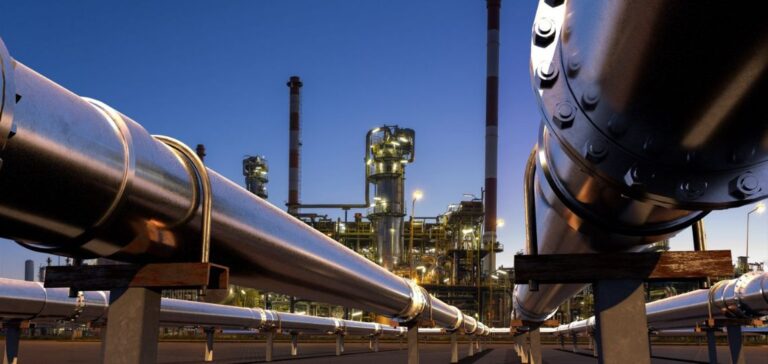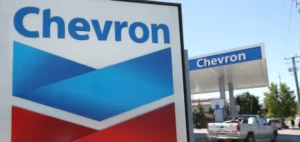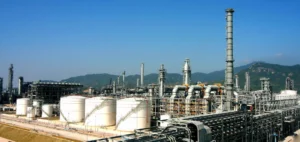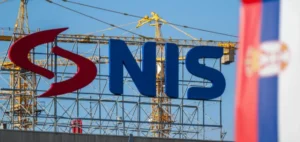TC Energy, a Canadian company operating the Keystone pipeline between Canada and the U.S., announced Thursday that the aftermath of the massive oil spill in Kansas last December would cost $480 million. The cost includes the necessary expenses for cleanup and remediation of the contaminated area, as well as investigations and feedback, according to a release.
Emergency shutdown of hydrocarbon flows
TC Energy spotted the incident on Dec. 7 and immediately stopped the flow of hydrocarbons through the pipeline in an emergency. The company estimates that 12,937 barrels of oil, or 2.1 million liters, were spilled into a nearby stream.
While this is slightly less than the first estimate of 14,000 barrels, it is still one of the largest oil leaks in the U.S. in the last 10 years.
Factors in the pipeline rupture
Initial investigation indicates that the pipeline failed due to a combination of factors, including pressure that could lead to pipeline distortion and a weld defect. This defect resulted in a crack that progressively spread until it broke.
A metallurgical analysis did not reveal any problems with the strength of the pipeline or its material properties. However, the company is analyzing other locations with potentially similar conditions and has increased the number of inspections.
Transportation of hydrocarbons
The Keystone pipeline transports hydrocarbons from the province of Alberta in western Canada to several destinations in the United States. It currently carries about 600,000 barrels per day in normal operation. The group was able to restart the pipeline on December 29.





















